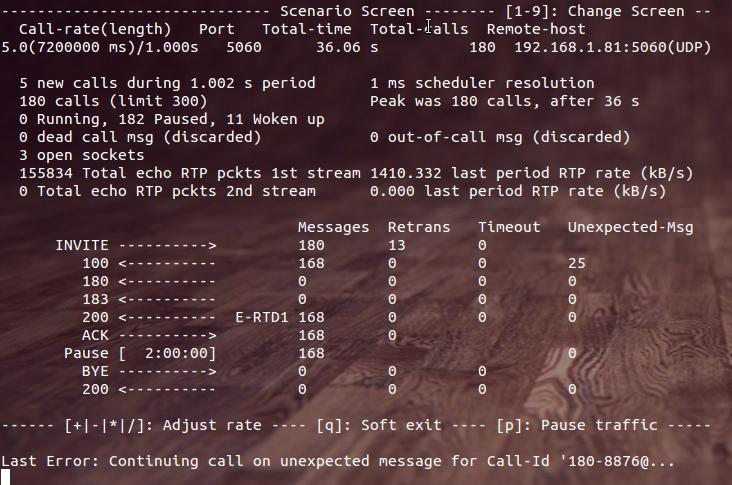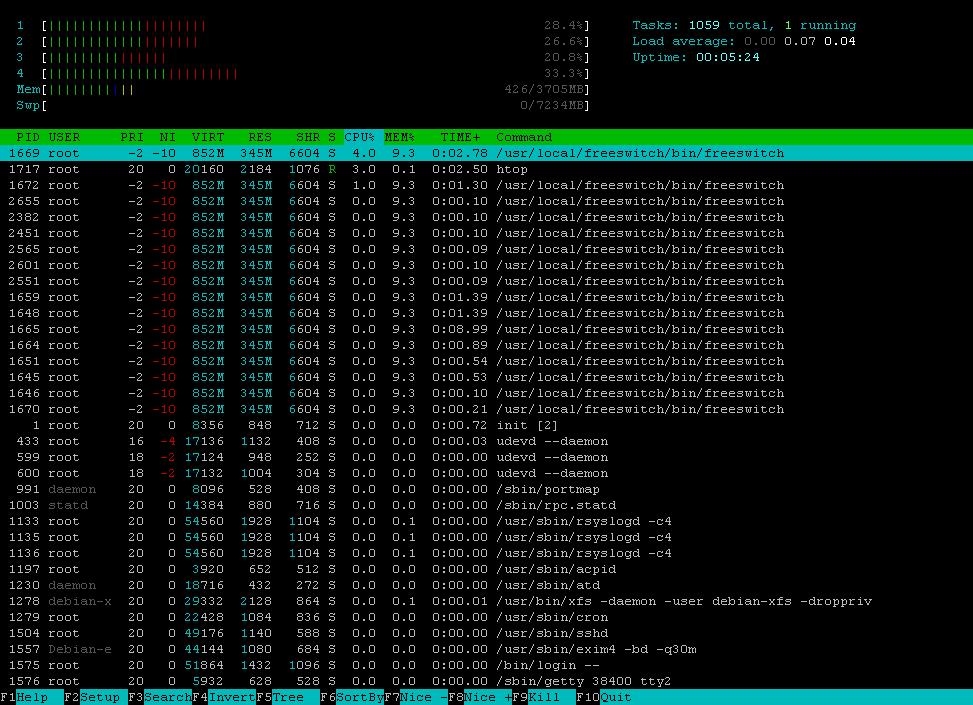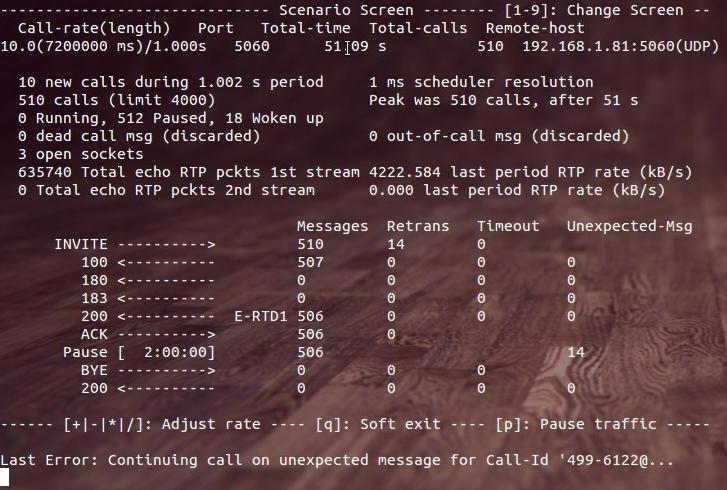Clash of the Titans FreeSwitch vs. Asterisk - Performance Test

Not so long ago I switched to FreeSwitch, the system is really interesting and gives very great opportunities, even commercial analogues are lagging behind in their capabilities. Gradually moving away from using Asterisk in everyday activities.
Many people wonder why FreeSwitch is better than a run-in and tested Asterisk ???
Why sometimes not understand the simplest XML dialplan ?? When there is an asterisk!
I think FS is no longer inferior to Asterisk unless there is a web interface illogical in functionality like FreePBX ...
Otherwise, it only surpasses it!
A description of the advantages can be found here.
There is the same opengsm analogue of chan_dongle, freetdm analogue of Zap and others.
Most of all I was struck by the sound quality of the FS, even on a simple G.711 it is somehow better than the Asterisk.
And what about HD codecs (CELT, Siren, Silk, ARM-WB), and there are already many softphones that work with them. The asterisk also somehow supports these codecs but they sound disgusting, no comparison!
An example of Bria or Linphone for Android that can work with them.

Actually the article was written in order to tell the test results!
There is such an interesting HP SIPP utility that allows you to generate VoIP traffic and create various scenarios, thereby testing softswitches.
The PC with the following parameters acted as a server for testing:
Intel Core i3 3200
4 Gg DDR3
500 Gb HDD
something like this.
With preinstalled Debian 6.0.4
Testing technique:
sipp made 10 calls per second (you can actually choose other parameters), musiconhold was turned on in response to the call, plus rtp echo was made to everything, like a full conversation with the system.
sipp 192.168.1.200 -s 110 -i 192.168.1.4 -d 2h -l 1 -aa -mi 192.168.1.4 -rtp_echo -nd -r 10The first test subject was Asterisk 1.8.13 assembled from source:



Aster kept 168 connections in real time and then either generally crashed or tightly hung the system.
As a little I thought, there were thoughts that somehow it was not correctly assembled! I installed the system and Asterisk 1.8.11 from the Digium repository from scratch, and I did the same with Asterisk 10.5!
It can be assumed that in real life there would be even less calls, so this is not a full-fledged call, but a call on the one hand.
The next one was FreeSwitch 1.2:



It can be seen that at half-load the processor FS holds 1000 calls !!! As it turned out, there is a software limitation on 1000 calls in FS itself, though I have not yet found where to remove it.
It can be assumed that he would have pulled another 1000))
And the last one for the test was the Elastix 2.3 assembly, it was very interesting how it works already in the boxed solution. And the results hit me! In fact, the same Asterisk:


Elastix held about 500 calls and did not suspend the system at 100% load!
It seems CentOS is somehow more adapted for VoIP, although maybe Elastix guys somehow tweaked Aster))
Even so, FS bypasses Asterisk 4 times, at least while working normally and not loading the system !!!
The test was conducted by the VoIPLab community .
